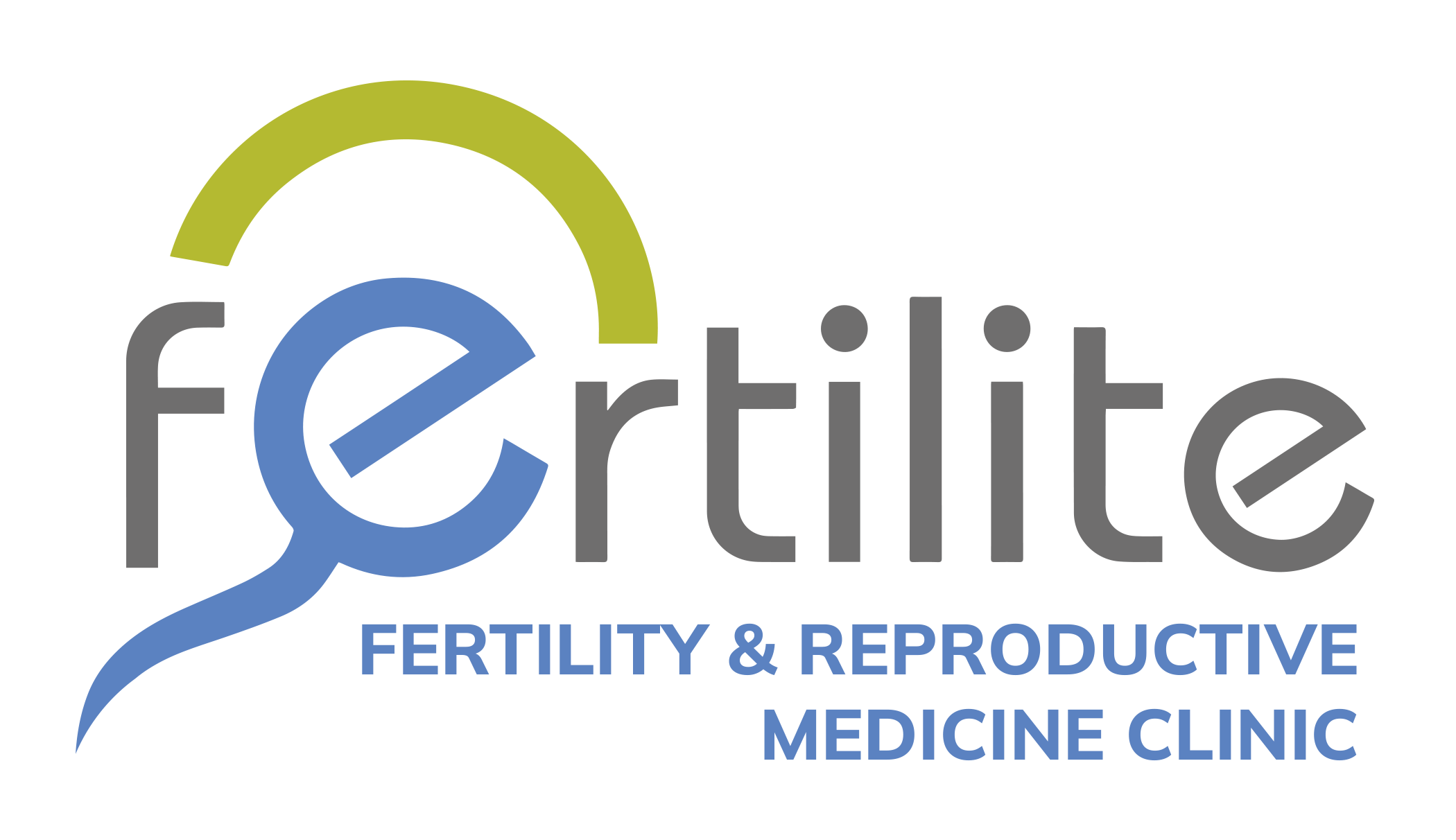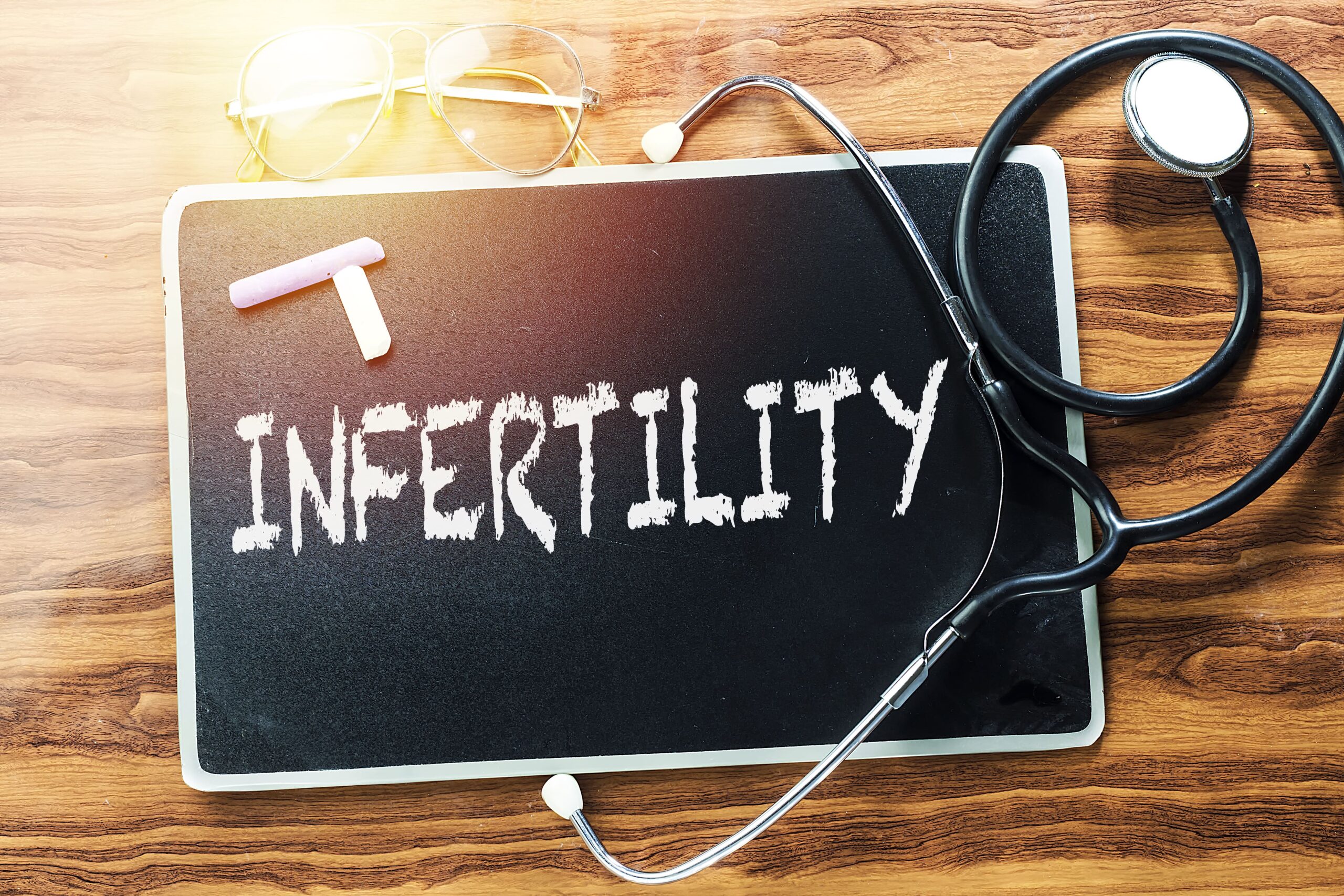Intrauterine insemination (IUI), also known as artificial insemination, is a fertility procedure in which sperm are washed, concentrated, and injected directly into a woman’s uterus. The most common indications for IUI are anomalies in cervical mucus, low sperm count, poor sperm motility, increased sperm viscosity or antisperm antibodies, unexplained infertility, and the need to use frozen donor sperm. In natural intercourse, only a fraction of sperm manage to pass through a woman’s cervical mucus and reach the uterus. IUI increases the number of sperm in the fallopian tubes, where fertilization takes place.
Studies show that IUI, or artificial insemination, is most successful when combined with fertility medications that stimulate the growth of multiple follicles. This technique is often referred to as controlled ovarian stimulation and IUI.
IUI is sometimes recommended for couples with unexplained infertility who have been trying to conceive for six to 12 months.
Male Factor Requirements for IUI
IUI is based on the natural ability of sperm to fertilize an egg in the fallopian tubes. Studies show that IUI will not be effective in cases where the man has a low sperm count or poor sperm shape (also known as sperm morphology). Therefore, sperm tests are required to indicate:
Sperm count (number of sperm per cc)
Sperm motility (percentage of sperm in motion)
Sperm morphology (shape)
Additionally, both the male and/or female are required to have blood tests to rule out certain infectious diseases.
Female Patient Requirements for IUI
The patient must have normal results on the third-day blood test, patent fallopian tubes, and a normal uterine cavity.
Women with ovulatory disorders may be candidates for IUI if they respond adequately to fertility medications. In these cases, hormonal treatments stimulate follicle growth and IUI is scheduled after inducing ovulation. Hormonal treatments are generally used even in women without ovulatory disorders.
Women with mild endometriosis may benefit from IUI if they do not have distortion of pelvic structures. Learn more about treating infertility caused by endometriosis.
For same-sex couples, IUI is a part of the ROPA method, which allows both partners to be actively involved in the conception process.
Conclusion
Intrauterine insemination (IUI) is a valuable fertility treatment option, particularly for individuals facing specific reproductive challenges such as anomalies in cervical mucus, low sperm count, poor sperm motility, or unexplained infertility. By increasing the number of sperm that reach the fallopian tubes, IUI enhances the likelihood of fertilization. The success of IUI can be further improved when combined with fertility medications that stimulate the growth of multiple follicles. However, it is essential to ensure that both male and female patients meet the necessary requirements for the procedure, including normal sperm parameters and the absence of significant reproductive health issues. For many couples, IUI offers a promising path toward achieving pregnancy.
For more information on how different fertility treatments can be tailored to individual needs, you might also be interested in learning about IVF treatments following surgical procedures.




